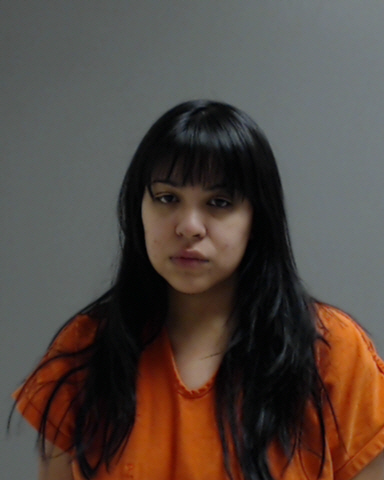The Texas Court of Criminal Appeals on Wednesday declined to review a petition filed by a 27-year-old Weslaco woman serving 32 years in prison for the 2014 death of her newborn child.
The petition filed by Sandy Perez Hernandez’s appellate attorney followed denials of her direct appeal and motion for a new trial between 2017 and 2019.
A jury convicted Hernandez in 2016 after 10 hours of deliberation on charges of manslaughter and injury to a child. She had been charged with capital murder.
The Hidalgo County Sheriff’s Office arrested Hernandez four days after she gave birth to her baby on Oct. 17, 2014, in the Weslaco home she shared with her parents and her siblings. The child died within 24 hours of birth from blunt force trauma to the head.
Hernandez, a college student at the time, told her parents and law enforcement that she didn’t know she was pregnant. She said she fell with the baby on tile in the house and on grass outside of the house.
She went outside because she didn’t want to mess up the house with blood from the birth, according to the petition.
Hernandez told deputies that she did not intend to hurt the child, who was found outside and was cold to the touch, barely breathing and displayed some swelling to the side of the head.
Dr. Norma Jean Farley, a forensic pathologist who conducts autopsies for Hidalgo County, testified during Hernandez’s trial that a fall on the grass couldn’t cause the injuries the child suffered and that short ordinary falls typically do not kill babies. Hernandez’s child displayed several skull fractures, according to Farley.
“In her opinion, the injuries to Baby Hernandez required a ‘great amount’ of inflicted force, ‘either a slam’ or a ‘forcefull (sic) beating on the head’ could cause the injuries,’” the 13th Court of Appeals wrote in a previous opinion.
Hernandez had argued in the petition that the manslaughter and injury to a child convictions constituted a form of double jeopardy; that she had ineffective assistance of counsel during the trial because her attorney didn’t object to language in the jury charge; that the trial court excluded evidence from a juror during a motion for a new trial that had the jury charge been different so would have been their vote; and that there was insufficient evidence for both convictions.
Hernandez is eligible for parole in 2032.




